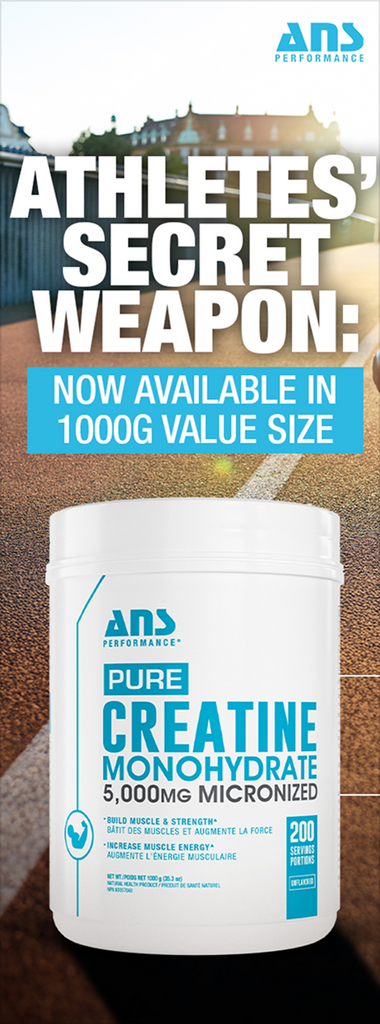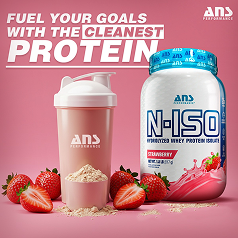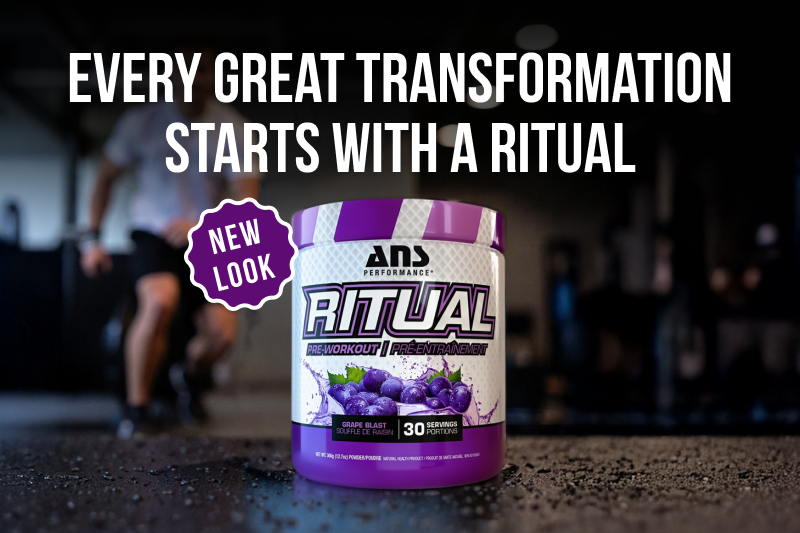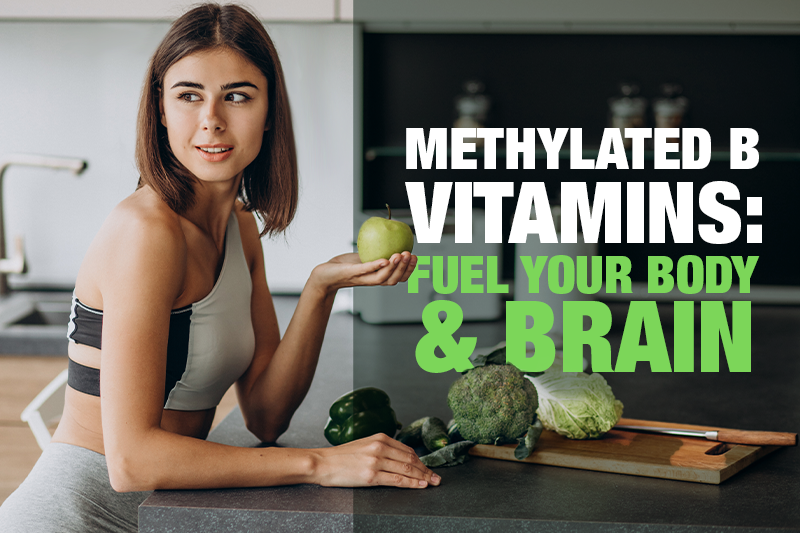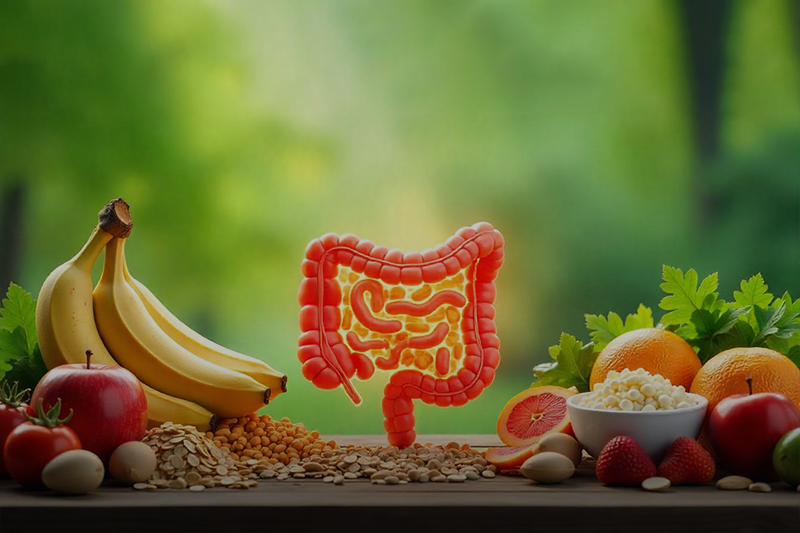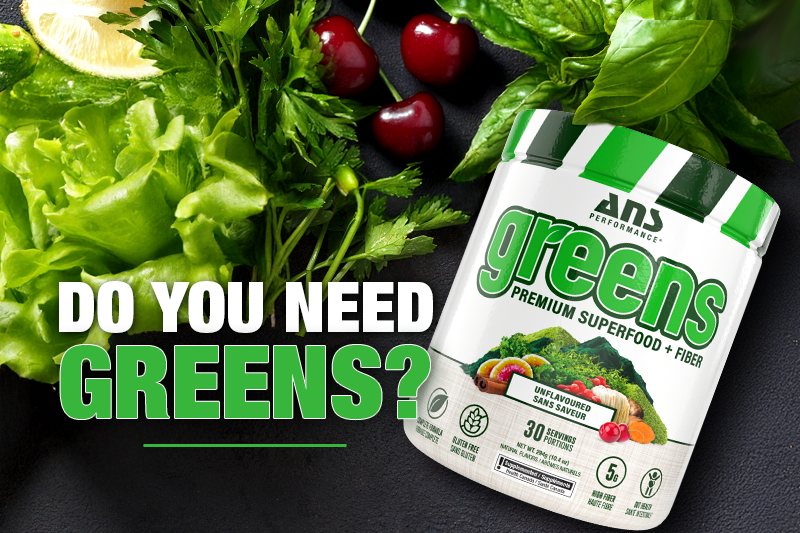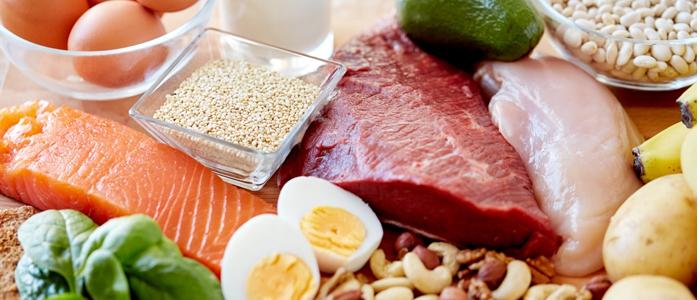

If only bodybuilding was as simple as it appears on the surface: lift weights, build muscles.
Unfortunately, for most of those who don’t use a gym or professional trainer, that’s all bodybuilding will ever be. They might get some results, but they are not likely to ever have the body they see in the Bowflex TV commercial.
Bodybuilding is not a straight line “if you lift weights, you will build muscle” proposition. It’s a multi-faceted pursuit that requires almost as much planning and strategy as it does actual weight and strength training.
Think of everything you know about optimizing your workout. From targeting different muscle groups on different days to make sure all your muscles get the rest they need, to using the right equipment, and knowing how to use it right, for each particular muscle, bodybuilding is as complex a sport as any other.
And just like every other sport, there’s a lot to know about the tactics and techniques for optimizing the performance and results you get.
Simply by virtue of its name, “body” building implies that anything to do with your body will have an impact on you training. This is where the simple definition falls way short. Lifting weights and building muscle is just one part of what we do to our bodies that can affect our bodybuilding.
Your body’s energy levels are clearly a major determinant of your performance; as is the condition of your muscles before and after your workout. Both of these – energy and muscle -are highly affected by what you eat. So most serious body builders understand why they need to eat properly before and after workouts to maximize muscle performance, recovery and rebuilding.
But if you really want to get the most from every visit to the gym, just about everything you eat and drink, how much and when, affects the building, maintaining and conditioning of your muscles.
We recently wrote about what you should eat before and after a workout. Here are some foods that you can add to any and every meal to help you build muscle. It’s important to remember to balance your diet and get your calories from each of the three groups of macronutrients, including protein, carbs and fats.
1. Salmon – Not only is salmon a winner because it’s a great source of protein and Omega 3 fatty acids, but it’s also a versatile dish that you can prepare in lots of different ways. Of course, protein helps to build your muscles, and the Omega 3s help them recover after a workout, but salmon is also an excellent source of key body-building nutrients, including selenium, and Vitamins D, B12 and niacin.
2. Eggs – Most people don’t realize how good eggs are as a source of protein. And newer research has found they are not the major cause of increased cholesterol in your system that they were once feared to be. Like salmon, eggs also give you Omega 3s and a range of vitamins and minerals that are beneficial for your muscles.
3. Almonds – Almonds win the “Top Nut” award for helping your muscles. Full of protein, almonds are also high in fibre which helps to fill you up so you don’t overeat and also helps to keep your digestive system in good working order. And their healthy fats help to lubricate your joints, decrease inflammation and increase energy. It makes you want to grab a handful right now, doesn’t it?
4. Avocados – A good source of healthy fats and antioxidants, research also shows that avocados boost the production of testosterone and growth hormone, both of which are beneficial for muscle building.
5. Extra Virgin Olive Oil – While not a “food” in the same sense as the others on the list, olive oil has lots of healthy monounsaturated fats that stimulates protein production and increases the rate of protein synthesis into muscles. Extra virgin is the most unrefined olive oil and delivers the most benefits.
There are lots of other foods that help you build muscle, including lean beef, chicken and whole grains. While there are many benefits to your health, beyond building muscle, of eating healthier foods, there is one pitfall that trips up the best of us.
Just because a particular food is healthy doesn’t mean you can eat endless quantities of it. A balanced diet means staying within your daily calorie intake guidelines and not overeating at any one meal.


